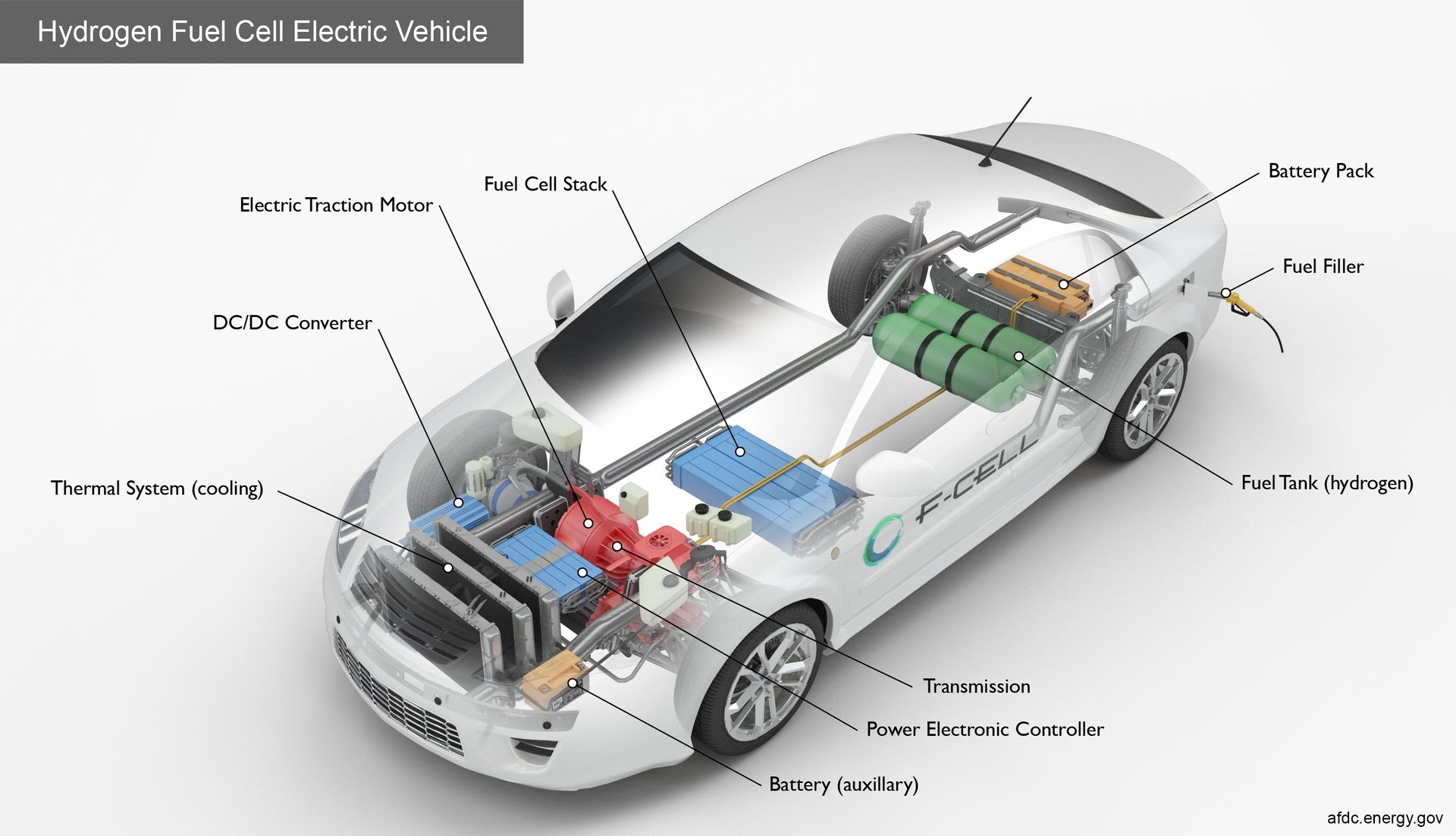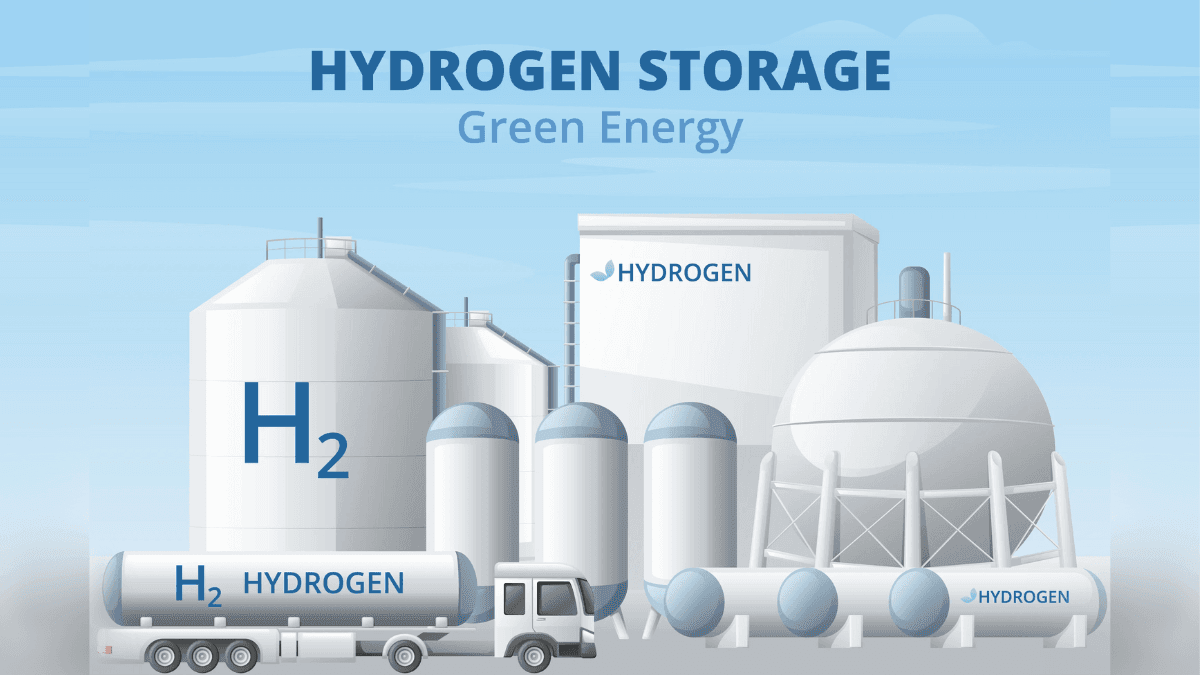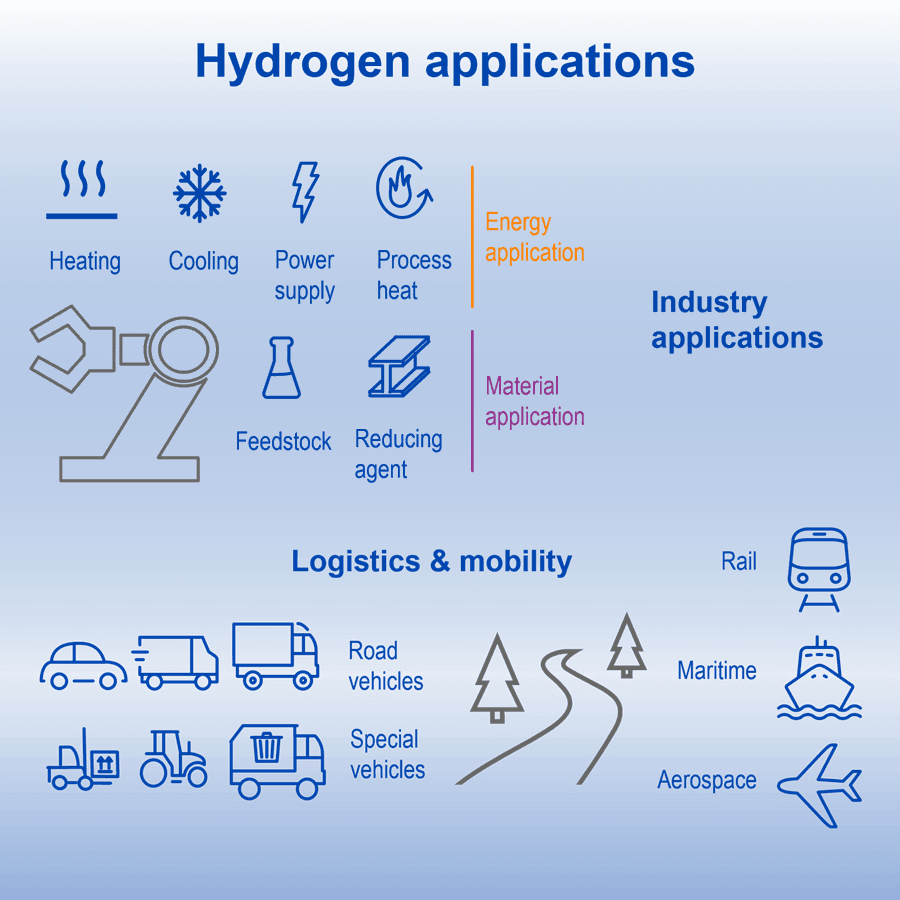Hydrogen is increasingly being recognized as a key player in the future of energy. This versatile element has the potential to revolutionize the way we power our world, offering a clean, efficient, and sustainable alternative to traditional fossil fuels.
One of the most promising applications of hydrogen is in fuel cell technology. Fuel cells use hydrogen to generate electricity, emitting only water and heat as byproducts. This makes them an attractive option for powering vehicles, homes, and even entire cities.

Unlike conventional batteries, fuel cells can produce electricity as long as they are supplied with hydrogen, offering a continuous and reliable source of power. This makes them a compelling choice for a wide range of applications, from powering electric vehicles to providing backup power for critical infrastructure.
Another advantage of hydrogen is its potential to store excess renewable energy. By using surplus electricity from sources like wind and solar to produce hydrogen through electrolysis, we can create a valuable energy storage solution that can be used when demand is high and renewable energy generation is low.

Furthermore, hydrogen can be used as a feedstock in industrial processes, such as ammonia production for fertilizers and refining of metals. This versatility makes hydrogen an essential component in the transition to a more sustainable and circular economy.
While hydrogen offers numerous benefits, there are still challenges to overcome, such as the cost of production, storage, and distribution. However, ongoing research and development efforts are focused on addressing these obstacles and making hydrogen a more viable and accessible energy option.

As the demand for clean energy solutions continues to grow, the potential of hydrogen as a fuel of the future becomes increasingly clear. With advancements in technology and infrastructure, hydrogen has the capacity to play a significant role in reducing carbon emissions and building a more sustainable energy landscape.
In conclusion, hydrogen has the potential to fuel the future of energy by offering a clean, efficient, and versatile alternative to traditional fossil fuels. As we continue to explore and invest in hydrogen technologies, we are paving the way for a more sustainable and resilient energy future.